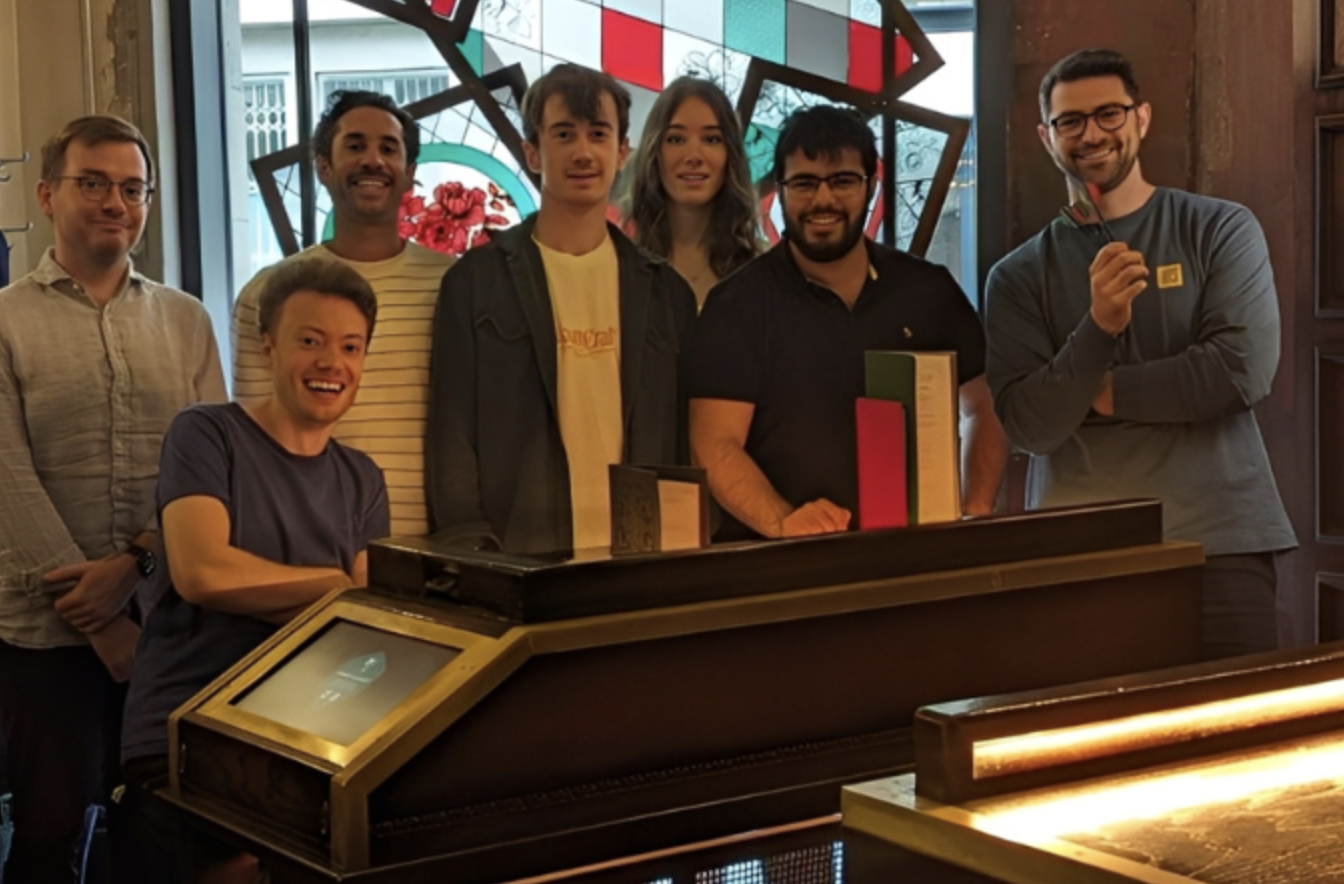
London-based agri-tech startup Messium has secured €3.8M in seed funding to tackle one of agriculture’s biggest inefficiencies: fertiliser mismanagement.
The round was co-led by the UK Innovation & Science Seed Fund (UKI2S), backed by the UK Space Agency, and Expansion Aerospace Ventures, with participation from Mudcake, Laconia, GRDC GrainInnovate, Clear Current Capital, Moonstone VC, and SuperSeed.
Tackling a €290B problem
More than half of the world’s farmland is mis-fertilised, costing billions, wasting resources, and driving emissions. The platform uses hyperspectral satellites and AI crop growth models to deliver weekly, field-specific nitrogen recommendations for farmers.
By combining satellite imaging with soil, weather, and farm management data, the system tells farmers exactly when and where to apply fertiliser—cutting waste, boosting yields, and supporting food security.
CEO George Marangos-Gilks said:
“Our ambition is bold: eliminate fertiliser guesswork worldwide. With AI and space data, we can help every farmer make smarter, more sustainable decisions.”
From research to real-world impact
Founded in 2023, Messium spun out of ESA BIC and the UK Space Agency’s GEO Accelerator, combining hyperspectral sensing, machine learning, and crop science.
- 2024 trials across Europe and Australia tested 13,000+ crop samples, revealing over 50% were mis-fertilised.
- Today, more than 75 farms in Europe and the UK use Messium’s system, with pilots running in Australia, New Zealand, Canada, and the US.
- The new capital will drive expansion in Europe, Australia, and North America, while scaling Messium’s analytics capabilities.
CTO Vishal Soomaney Vijaykumar added:
“We’re ready to take this innovation global—helping farmers cut emissions, boost profits, and keep soils healthy for future generations.”
Why it matters
With agriculture under pressure to feed a growing population while cutting its carbon footprint, Messium positions itself at the intersection of AI, space tech, and sustainability.
Shruti Iyengar of UKI2S summed it up:
“Messium represents a leap forward for global agriculture. This is space data directly improving food security and climate resilience.”


